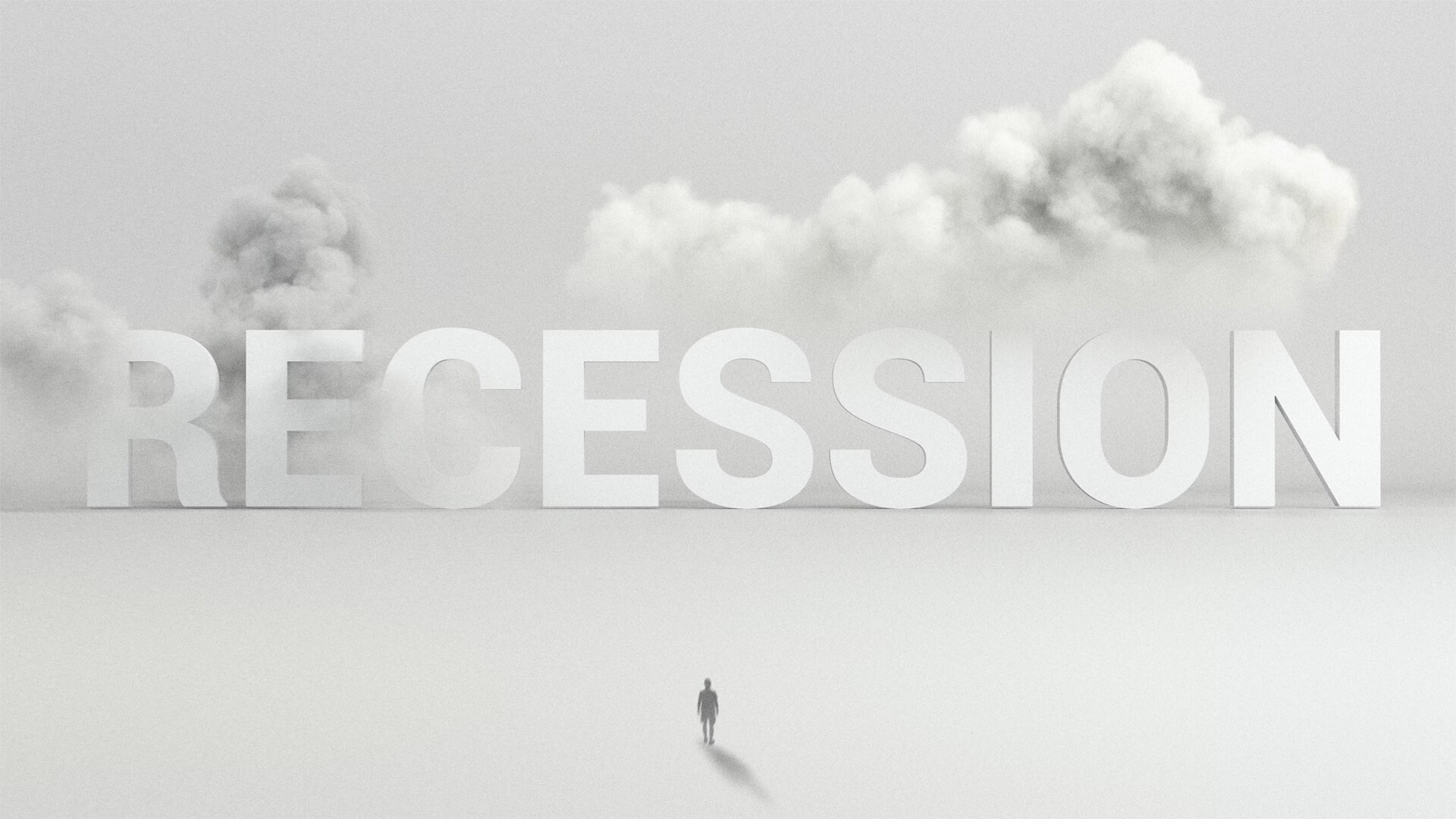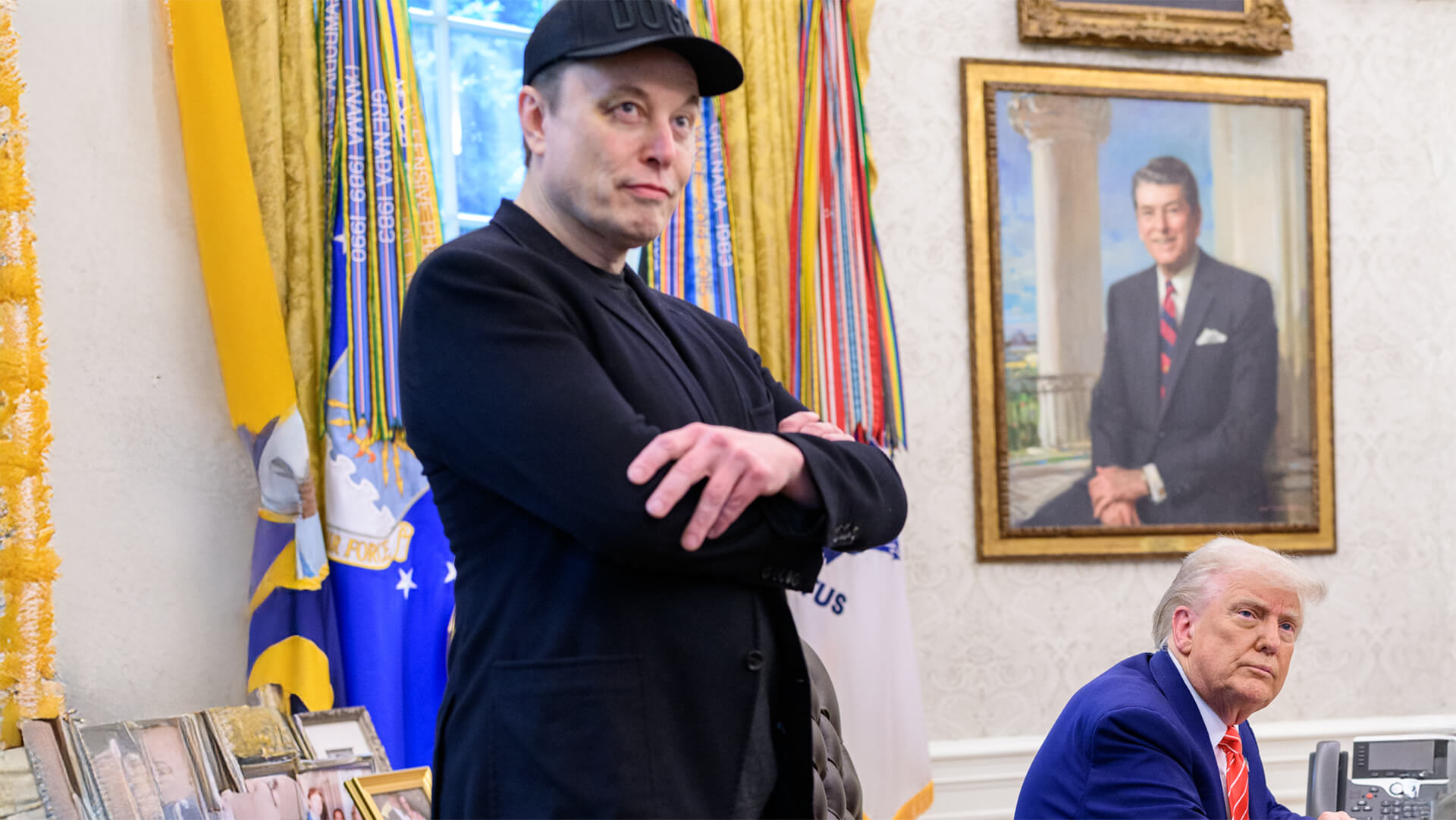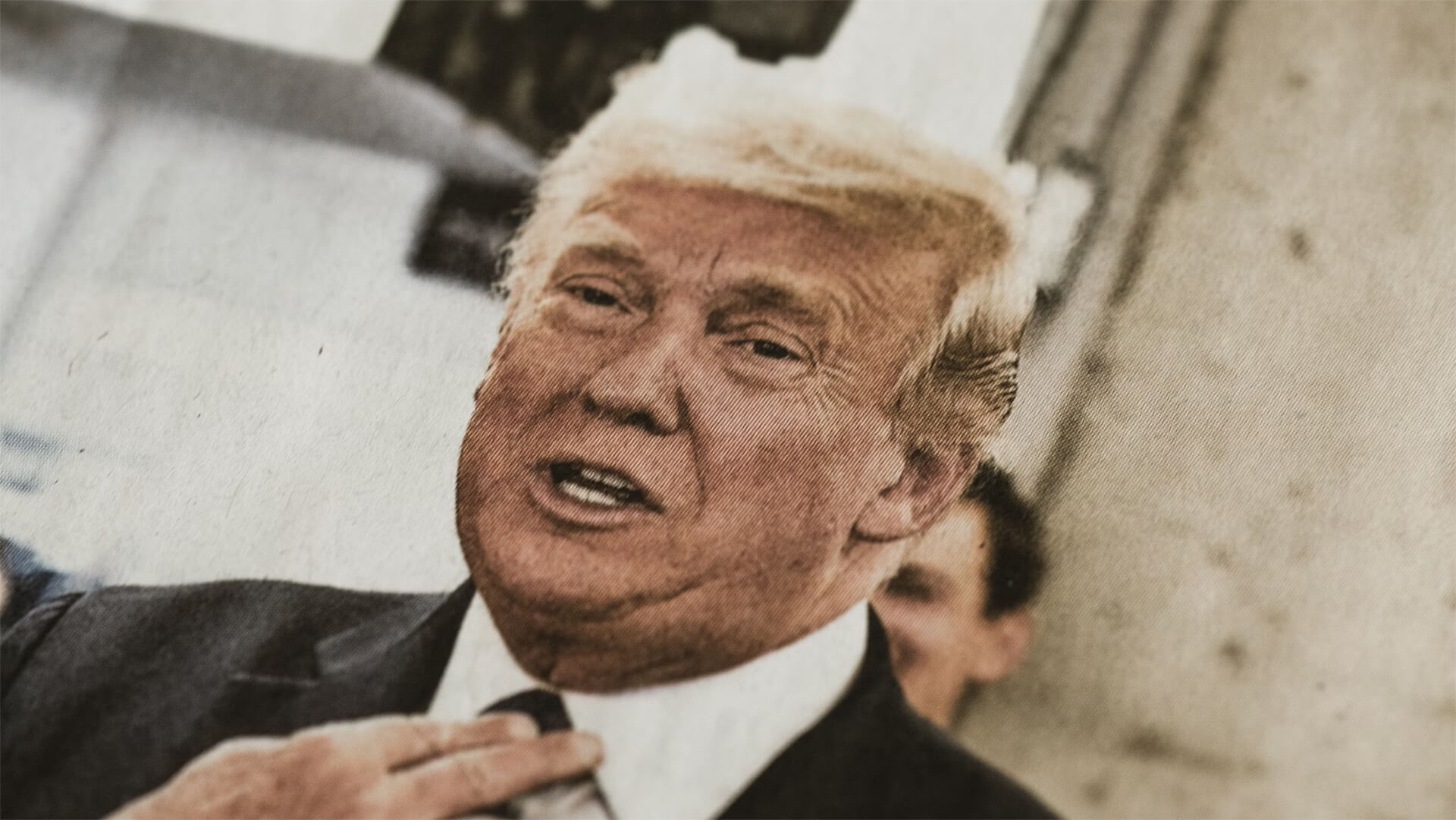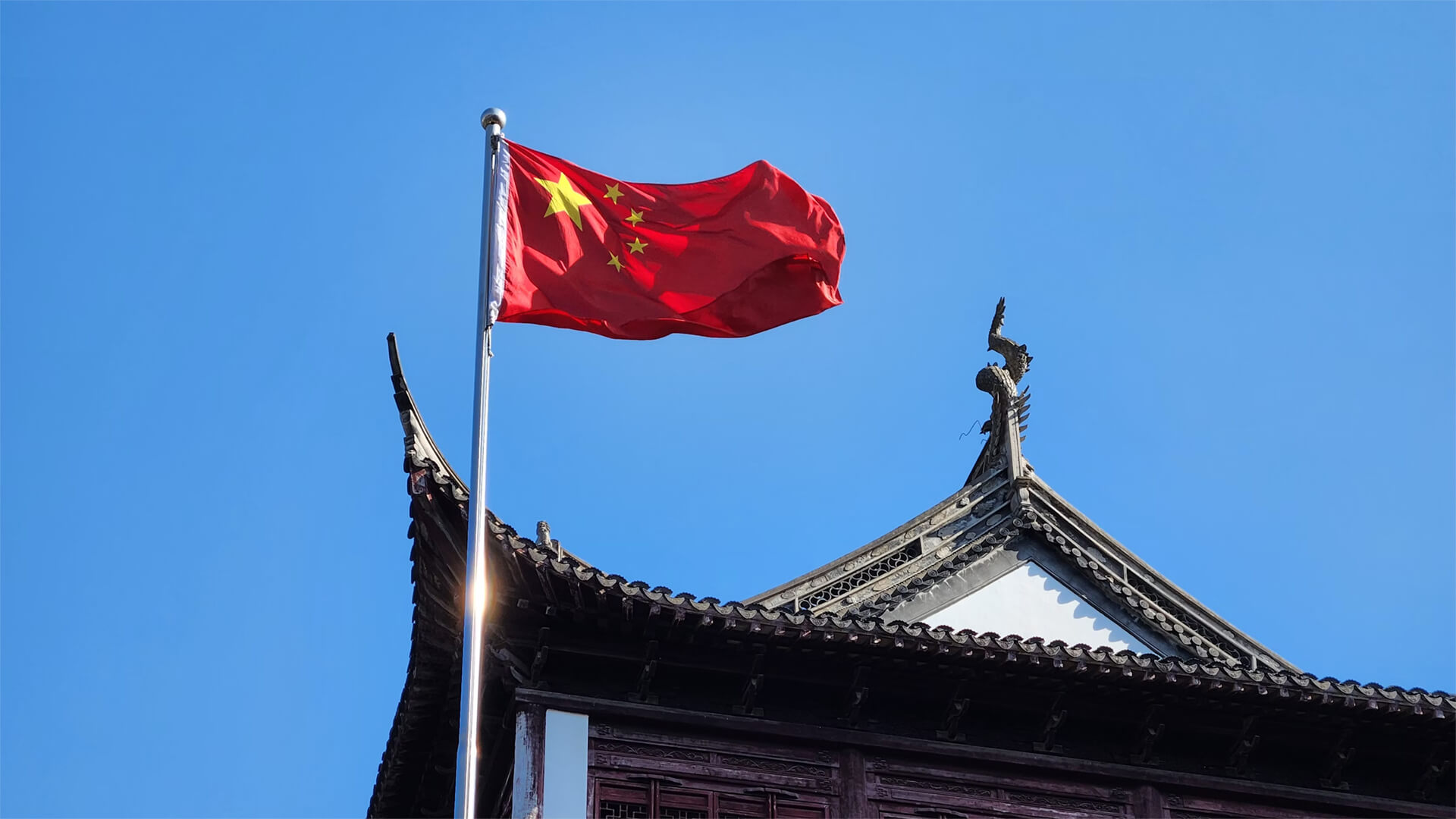Our series on the revolution in military affairs continues with the geopolitics of weapons sales. Why does Europe buy US weapons? And will they continue to do so?
Let’s start with the US weapons. They are designed for fighting like an American, aka fighting wars far from home against greater numbers and tough conditions. But that’s not quite what the Europeans need. The Europeans are facing off with a much closer adversary in Russia, who churns out cheap, mass-produced, short-range weapons like nobody’s business. And those Europeans should probably be taking a page out of the Russians playbook here.
So why is it that Europe continues to buy US weapons systems? Well, there’s that sweet little thing called an implicit security guarantee. You know, if you scratch my back, I’ll scratch yours. And sure, having weapons that are consistent across NATO doesn’t hurt either. Oh, and those billions of dollars that have already been committed aren’t helping. But, that oh-so-important “implicit security guarantee” might be crumbling.
If Trump continues down his current path, the Europeans can’t be sure that Uncle Sam will step in if (and when) they need him. So, it’s looking like it might be time for a sourcing trip somewhere else…
Transcript
Hey, all. Peter Zeihan here coming to you from Colorado. Today we’re going to talk about the geopolitics of weapon sales, particularly American weapon sales or what the US builds, the sort of weapon systems that fields. And so therefore what it sells are largely driven by America’s own geographic options and constraints. The whole goal going back to the time of reconstruction 150 years ago, has been to make sure that if the United States is going to be involved in a war, that it happens over there and not over here.
So we have a forward deployed military, wherever possible, that tries to keep potential violence as far away from American shores as we can, preferably away from the entirety of the Western Hemisphere. And over the decades, weapons systems that we use, have evolved to mirror that prerogative. So we started with the Monroe Doctrine and blocked sea access to the United States.
Then we projected out on our sea lanes, and then eventually with World War One and World War Two, were actually fighting in the Eastern hemisphere in major conflicts. And the weapon systems that have evolved since then reflect the fact that the bulk of the fight happens over there. So if you look at every weapon systems that the United States has, it’s built on two basic cons or three basic concepts.
Number one, we will always, always be outnumbered no matter where we are. And so the weapon systems have to punch much harder than everybody else is to make up for it. Second, we’re going to be fighting at the very end of a very long logistical chain, which means that the US has to excel at logistics and have allies that can help with logistics.
And then the weapons systems themselves have to be much longer range than anything they’re fighting against, both because basing can be limited. And we have to make sure that the fight is happening as far away from our bases as they possibly can. And then the third system is these systems have to be durable. So whether it’s the F-16 or the Abrams or the now the F-35, it has to be able to fight in a contested environment that will always be contested by a greater number of things.
And it has to be able to take as many hits as possible before it goes down. So yes, the US Abrams is the most badass tank on the planet, can take several direct hits and probably just shrug them off. Things like the F-16 can actually take anything shy of a missile hit and keep flying. And of course, the F-35.
It’s a stealth issue. These aren’t by accident. This isn’t something that the United States just stumbled across. It’s something that we discovered with blood and with money over the decades for what was necessary for us to project power. And it affects everything from the hardware to the alliance structure. The Russians have a very different system. The Russians knew that all fights are always going to happen on their immediate periphery.
And so they don’t need a long range system.
They don’t need an excellent logistical tale. They don’t even need durable stuff. They want numbers. They want to be able to mass the other side with more jets than anyone else can field. They can be short range. That’s fine. They’re fighting from their own territory. They don’t need to worry about the logistical tail. They don’t have to be particular lethal. Sure.
Maybe the opponent vessel can take eight hits. Hit him with 100. And so you go for cheap, short range and disposable. You fight with numbers, which makes the American Alliance with Europe somewhat odd. Why the U.S. wants to fight in Europe is obvious.
Keep the fight over there and why the U.S. wants American basing rights in Europe is obvious. You want that logistical tale in place with competent people. But why? The Europeans would purchase American weapons? That’s a bit of a mystery, because ultimately the Europeans know that their fights are going to be in their near abroad. The Russians are right there.
And if Ukraine falls over there, right, right. Right there. So you would expect the Europeans to develop systems that are much shorter range, that are much less durable, that are much cheaper, that can be fielded larger and larger numbers. And when you look at the weapons systems that the Europeans have fielded themselves, most of them crowd into that category.
And yet they still buy weapons from the Americans. In fact, half of their military procurement is from the United States. But their weapons systems that are broadly inappropriate for their needs. They do this for two reasons. Number one is the NATO alliance. If there ever is a fight, the United States assumes immediate control of all European militaries, and interoperability of military forces is critical, especially to the United States, considering its robust logistical needs.
The second reason is a little bit more tutti frutti. The Europeans would like the Americans to offer the Europeans as many security guarantees as possible. And while NATO is there from a legal structure, using American systems implies a degree of involvement in European militaries, because the manufacturing is in the United States, the services comes from the United States, the technicians from the United States.
All the equipment comes through the United States, and the weaponry comes from the United States. And so maintaining that commercial relationship maintains an implicit security guarantee that is every bit as important as the article five guarantee of NATO. Or at least that’s where we were a few weeks ago. The last few weeks, the United States has proven the Trump administration has proven to the Europeans that none of this means anything.
United States is clearly moving away from supporting article five on any issue that matters to the Europeans, most notably Ukraine and Russia. The United States is publicly debating whether it should withdraw from military command of NATO, which is the basically the same thing is withdrawing from NATO itself, since it’s illegal in the United States for any other country to command U.S. forces.
That would mean an end to the NATO alliance. and that is the explicit security guarantee. And the Americans have already withdrawn weapons support and intelligence support for Ukraine, which is, you know, the fight of the age from the NATO point of view, especially from the European point of view. And the Europeans seen that the Trump administration is directly militarily threatening NATO allies now in places like Denmark and Greenland.
Everyone’s wondering, why did we buy any of this stuff in the first place? If ultimately the Americans simply are going to stop supporting it. And so the Europeans, every country is basically in the midst of having a debate with itself over whether and how to stop buying American weapons systems and moving to something that is more appropriate for their needs, their geography, and especially the war that is on their horizon right now.
A great example is the F-35 Joint Strike Fighter, a fighter bomber with stealth capabilities. It’s perfect for the United States. It’s got stealth capabilities, got okay range, really good hitting power, very tough plane, largely pointless for everyone in Europe. It’s got too much range for what they need. Cost too much. Over $100 million per platform. And so far, the Europeans have committed to purchasing enough to spend about 75 to $80 billion.
And then over the lifecycle of the jet, that’s another 250 to 300 billion. That’s a lot of money to spend on a relatively small number of planes that are not designed for your theater or your needs. And so the Europeans are looking to back away from all of those purchases and spend it on something that’s more appropriate.
Now, at break of European purchase of American weaponry means a lot of things to a lot of people in a lot of places, and will require a lot of words for me to explain all the connotations. And that’s going to have to be tomorrow’s video.











